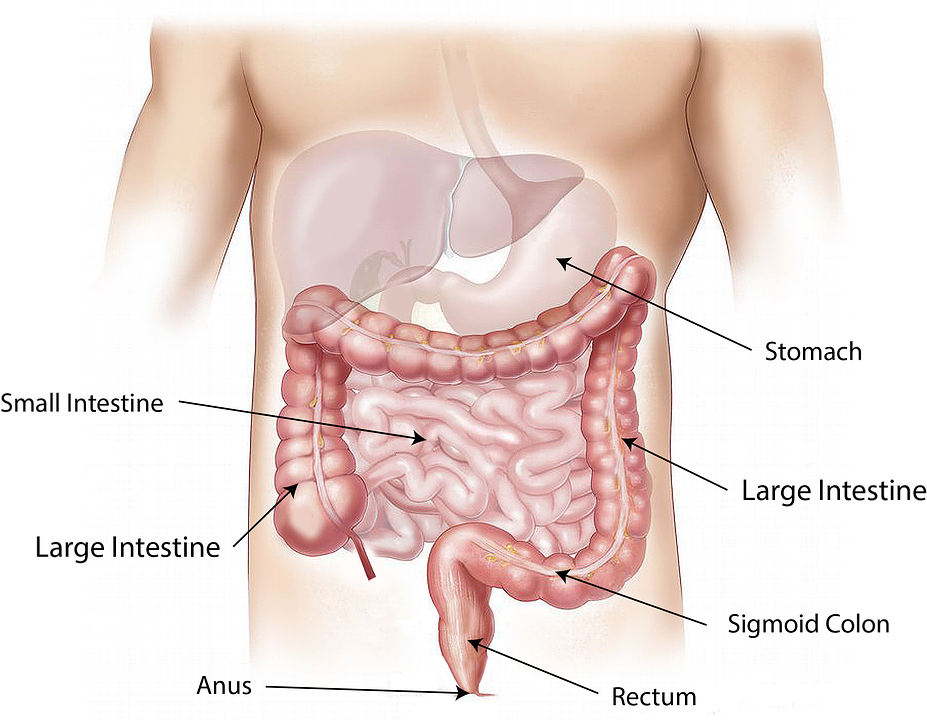An antacid is any substance, generally an acid or acidic salt, which neutralizes stomach acidity. Antacids perform a neutralization reaction, i.e. they buffer gastric acid, raising the pH to reduce acidity in the stomach.
Popular heartburn drugs called proton pump inhibitors (PPIs) have been linked to a variety of health problems, including serious kidney damage, bone fractures and dementia. For the study, the researchers examined medical records of some 275,000 users of PPIs and nearly 75,000 people who took another class of drugs known as H2 blockers to reduce stomach acid. When researchers compared patients taking H2 blockers with those taking PPIs for one to two years, we found those on PPIs had a 50 percent increased risk of dying over the next five years. People have the idea that PPIs are very safe because they are readily available, but there are real risks to taking these drugs, particularly for long periods of time. Both PPIs and H2 blockers are prescribed for serious medical conditions such as upper gastrointestinal tract bleeding, gastroesophageal reflux disease and esophageal cancer. Over-the-counter PPIs are most often used for heartburn and indigestion. As compared with the H2 blocker group, people in the PPI group were older (64 years old, on average, versus 61) and also somewhat sicker, with higher rates of diabetes, hypertension and cardiovascular disease. But these differences cannot fully account for the increased risk of death since the risk remained even when the researchers statistically controlled for age and illness. Over-the-counter PPIs contain the same chemical compounds as in prescription PPIs, just at lower doses, and there is no way to know how long people stay on them. The Food and Drug Administration recommends taking PPIs no longer than four weeks before consulting a doctor.
The gut microbiome consists of trillions of bacteria. Rather than causing disease, most of these bacteria are friendly and aid in everything from digestion and vitamin synthesis to immune system regulation and possibly, mood stabilization. Diet, genetics and environmental exposure all play a role in maintaining a healthy microbiome, which is critical to overall wellness. Significant changes to the microbiome, like those caused by proton pump inhibitors, can put people at risk for over-colonization by such undesirable species as clostridium difficile. Proton pump inhibitors are primarily used to treat ulcers and acid reflux, and include the generic names omeprazole, pantoprazole, esomeprazole, lansoprazole, rabeprazole and dexlansoprazole.
Many epidemiological studies have linked PPIs to nutritional, metabolic and infectious disorders, despite the class of drugs' long history of safety and efficacy. Specifically, their prolonged use has been associated with iron and vitamin B12 deficiencies, hypomagnesemia, osteoporosis-related fractures, small intestinal bacterial overgrowth, and community-acquired pneumonia. The Food and Drug Administration has issued several safety communications about use of high-dose PPIs (available through prescription) and long-term use at any dose, including over-the-counter medications.
According a study, Adults who use proton pump inhibitors are between 16 and 21 percent more likely to experience a heart attack than people who don't use the commonly prescribed antacid drugs, according to a massive new study by Houston Methodist and Stanford University scientists. An examination of 16 million clinical documents representing 2.9 million patients also showed that patients who use a different type of antacid drug called an H2 blocker have no increased heart attack risk.
In all, the study included 63,397 adult participants, all of whom had been treated with triple therapy. This is a combination of a PPI and two antibiotics designed to kill off H. pylori. Triple therapy lasts 7 days. Each individual was followed until they developed stomach cancer, died, or the study ended. This took an average of 7.5 years. Over the course of the study, 3,271 people took PPIs for an average of almost 3 years, while 21,729 took H2 blockers. Overall, 153 people developed stomach cancer following triple therapy. The results showed that people who took PPIs had more than twice (2.44) the risk of developing stomach cancer, whereas H2 blockers were not associated with an increased risk.
Non-pharmacological methods to control acid reflux include:
• Eat smaller portions at meals • Consume less fat • Avoid laying down for at least 2 hours after eating (avoid late-night snacks) • Wear loose fitting clothing • Elevate the head of the bed about 6 inches (this is best done by placing a block under the headboard, rather than stacking pillows) • Lose weight (as little as 5 to 10 pounds may help) • Avoid alcohol, tobacco and foods that trigger symptoms.
We're not saying people should stop taking their regular antacids; despite the many health risks associated with PPI use, they have an extensive track record of safety when used as directed.
Source: medicalnewstoday.com, Microbiome, 2014; 2 (1): 42 DOI: 10.1186/2049-2618-2-42, Plos Genetics, March 2015 DOI: 10.1371/journal.pgen.1005057
